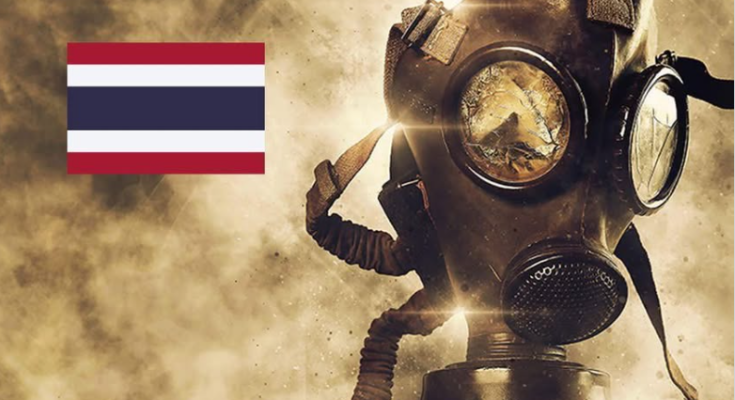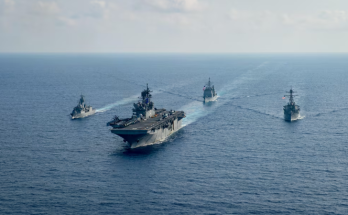🔍 Verified Facts on Cluster Munitions and International Response
-
Multiple reputable sources, including Reuters and Human Rights Watch, confirm that Thailand deployed cluster munitions in Cambodia on July 25, 2025, striking areas such as Phnom Khmouch and Techo Thammachart Village. Cambodia’s Mine Action Authority firmly condemned the action as a serious violation of humanitarian norms and a war crime, citing the broad-area effects and long-lasting danger to civilians. The Times+15គណបក្សប្រជាជនកម្ពុជា-វិមាន៧មករា+15Human Rights Watch+15
-
Cambodia officially reported that Thai forces independently admitted to using cluster bombs, arguing military necessity despite not being a signatory to the Convention on Cluster Munitions. Independent demining teams observed unexploded submunitions consistent with banned cluster weapons. Cambodgemag+1គណបក្សប្រជាជនកម្ពុជា-វិមាន៧មករា+1
-
Human Rights Watch stressed the grave civilian protection risks posed by such weaponry, especially in populated areas, and called on both parties to uphold international humanitarian law. Human Rights Watch
❗ Chemical Weapons Allegation
-
None of the available reports nor any credible international monitor—or UN statement—indicate that Thailand used chemical weapons.
-
International coverage focuses on conventional ordnance: artillery, rockets, airstrikes (F‑16s), and cluster munitions. There is no evidence of chemical agents being used or identified. EAC News+15Reuters+15Cambodgemag+15
Thus, while the use of cluster bombs is clearly documented and does constitute a war crime, the chemical weapons claim appears unsubstantiated by current reliable sources.
🚨 Broader Context of the Border Conflict
-
The border conflict between Thailand and Cambodia has escalated significantly since July 24–25, 2025, becoming one of the most severe flare-ups in over a decade. EAC News+1EAC News+1Wikipedia+11Reuters+11ASEAN Briefing+11
-
At least 30–34 people have died across both sides, and as many as 200,000 civilians have been displaced. ASEAN Briefing+2Cambodgemag+2Wikipedia+2
-
Thailand deployed F‑16 jets, artillery, and cluster munitions, while Cambodia responded with BM‑21 rockets and artillery. Each side accuses the other of intentionally targeting civilians. Al Jazeera+15EAC News+15ASEAN Briefing+15
-
The United Nations Security Council has held emergency meetings. ASEAN and major powers have urged ceasefire and caution. Thailand has rejected third-party mediation proposals (from the US, China, Malaysia), favoring bilateral mechanisms. Reuters+4The Guardian+4Reuters+4
⚖️ Legality Under International Law
-
Chemical weapons (if used) are banned under the Chemical Weapons Convention (CWC), to which both Thailand and Cambodia are parties. However, there’s no evidence of a chemical weapons event.
-
Cluster munitions are banned under the Convention on Cluster Munitions (CCM). While Thailand is not a state party, the use of such weapons against civilian or civilian-proximate areas is considered a war crime under customary international humanitarian law and international humanitarian norms. Cambodia condemns the deployment regardless of treaty status. គណបក្សប្រជាជនកម្ពុជា-វិមាន៧មករាCambodgemagWikipediaHuman Rights Watch



